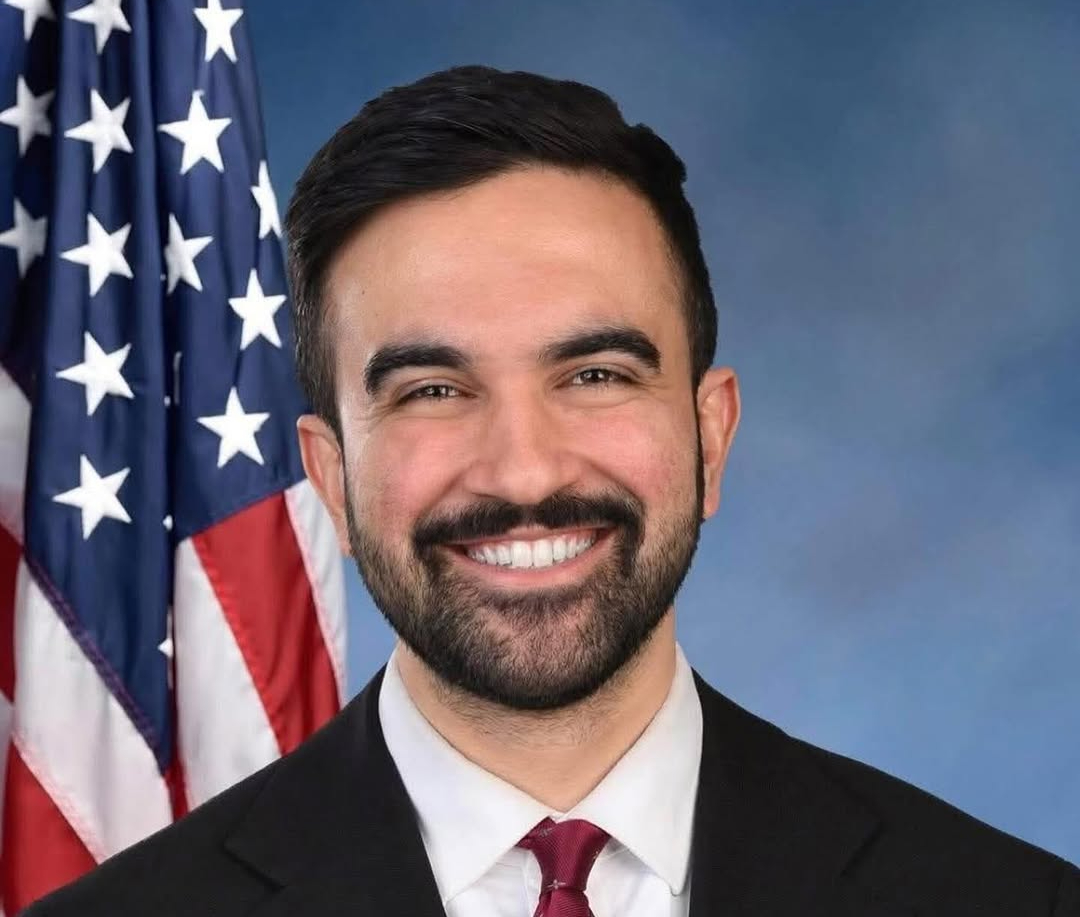Jamie Dimon, CEO of JPMorgan Chase, offered cautious support to New York City mayor‑elect Zohran Mamdani following his November 2025 victory, highlighting that financial stability, governance, and policy execution will define the city’s future for businesses and investors.
Jamie Dimon Signals Cautious Cooperation with NYC Mayor Mamdani — Finance, Governance, and Business Implications
The election of Zohran Mamdani as New York City mayor represents a significant political shift, with progressive policies including a millionaire’s tax, rent freezes, and expanded public services. Business and finance leaders immediately assessed potential impacts on corporate operations, taxes, and investment. According to Reuters, Wall Street expressed both concern and readiness to collaborate, signalling a pragmatic approach to governance. (reuters.com)
Jamie Dimon, CEO of JPMorgan Chase, has emerged as a notable voice in this transition. While previously critical — calling Mamdani “more a Marxist than a socialist” earlier this year — Dimon now advocates measured engagement. Speaking to CNBC, he stressed the importance of execution over ideology, offering mentorship and collaboration if the mayor prioritises results.
“He’s a young man. Will he get good at it? … I see a lot of people in big jobs, including political jobs. They grow into it,” said Dimon.
Financial Implications for NYC Businesses
Mamdani’s proposed reforms could generate an estimated $9 billion in additional revenue, but also carry risk for major corporations in finance, tech, and real estate sectors. CEOs now face three intertwined challenges:
-
Tax risk: New taxes on high earners and corporations may affect profits and investment decisions.
-
Real estate risk: Policies such as rent freezes and subsidized housing could impact property values and returns.
-
Talent and brand risk: Corporate attraction and retention may hinge on perceptions of NYC’s business climate.
Dimon’s outreach signals that corporate leaders are approaching the transition with pragmatic collaboration, balancing risk with opportunity. As Dimon explained, execution and measurable outcomes matter more than rhetoric.

Zohran Mamdani
Legal and Governance Considerations
Beyond finance, legal and governance risks are crucial. New taxes and housing policies are likely to face scrutiny from regulators and courts. Companies may reassess contracts, leases, and expansion plans in light of legal uncertainty.
Governance will also be tested in public-private collaboration. Dimon encouraged Mamdani to consult Detroit Mayor Mike Duggan, who successfully revitalized his city through coordinated business engagement. (wral.com)
“We are highly focused on building specific instances and demonstrations of trust with the business community,” said a senior New York business group executive.
This reinforces the message that governance, accountability, and execution will be central to NYC’s business environment under Mamdani.
Strategic Takeaways for CEOs
Business leaders should monitor four key factors in NYC’s evolving political landscape:
-
Policy clarity and timeline: Are reforms clearly defined and legally vetted?
-
Engagement mechanisms: Will there be formal channels for corporate input?
-
Operational and talent impact: How will companies manage location, staffing, and recruitment decisions?
-
Brand perception: How will stakeholders perceive businesses operating under new progressive policies?
The early months of Mamdani’s administration will likely define investor confidence, corporate strategy, and the city’s economic trajectory. Dimon’s stance illustrates the need for pragmatic leadership and cooperation — balancing progressive ambition with financial stability and operational reality.
For CEOs, this election is a reminder that urban governance can have direct, strategic implications for finance, legal compliance, and brand management, reinforcing the importance of engagement and foresight in major city markets.














